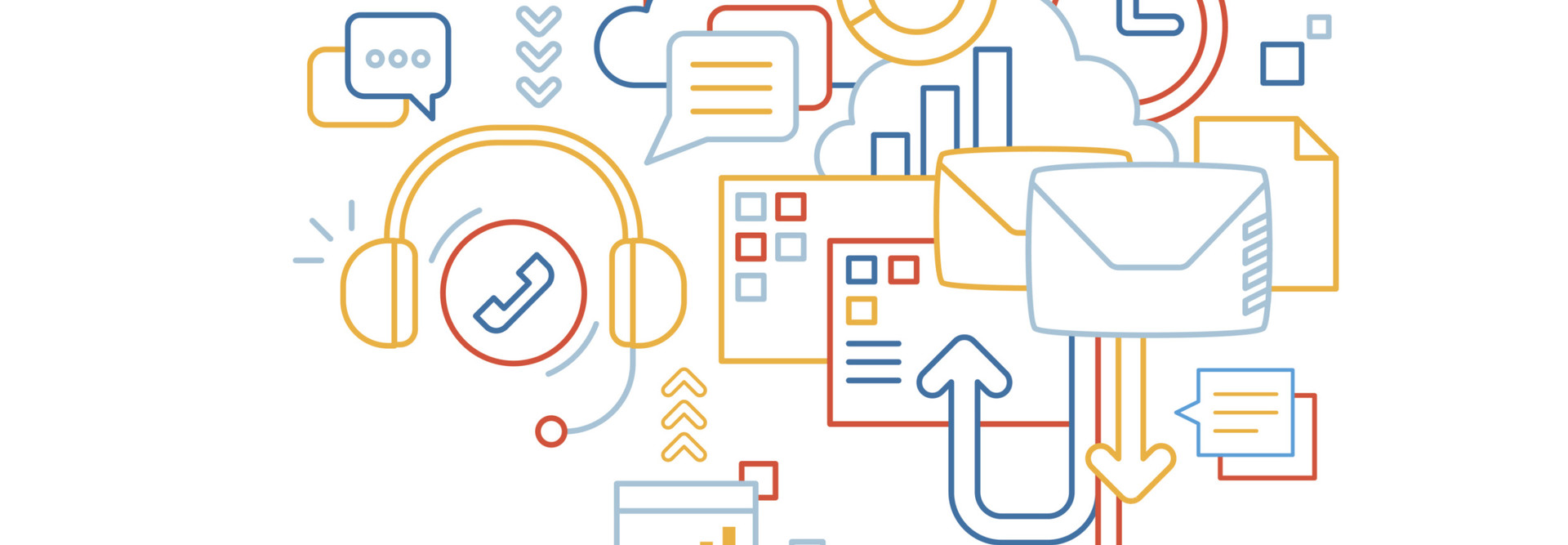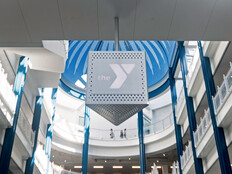The Unique CRM Needs of Nonprofits
Contributors are essential to nonprofits’ success, yet donor management tools lag behind the times.
“The needs of the modern charity have changed just as much as the software industry in the last two decades,” writes Gabe Cooper in an article on destinationCRM.com. “Unfortunately, charities are often asked to shoehorn their needs into archaic donor management systems or traditional CRMs built for sales instead of generosity.”
At the basic level, enterprise-class customer relationship management (CRM) solutions track leads and customers through the sales funnel. Cooper says that setup doesn’t translate to the nonprofit world. The software cannot, as he puts it, “focus on the personal passions of each giver” to build meaningful relationships.
According to a blog post from Sidekick Solutions, nonprofits can bridge the gap by building persona profiles that identify and segment constituents as donors, volunteers, board members, strategic partners, clients or staff. Nonprofits can also create thorough relationship histories by logging every interaction in detail.
Working at the problem from another angle, some smaller CRM providers have created software specifically for nonprofits. Larger companies have also stepped things up. Microsoft Dynamics CRM Online, for instance, comes with discounted licensing for nonprofits, as well as a suite of customizations that make it easier to manage complex relationships with constituents.
Still, Cooper says providers need to go further in rethinking the basic, sales-oriented CRM model:
Nonprofits deserve a whole new breed of technology with the kind of leading-edge features available in business-centric CRM tools. The type of holistic relationship management required for philanthropy engages donors at the very core of their beliefs and identity — and then builds a highly personal relationship that often stretches over years.
He lists several additions that would improve CRM software and make it more of an asset to nonprofits:
-
Holistic predictive analytics that incorporate traditional fundraising analytics, as well as social media signals and current events, to enable highly personalized relationships with donors
-
Two-way communication channels that allow nonprofits to supplement metrics with giver feedback
-
Relationship-focused software that’s built to track generous behavior, not sales transactions
-
Open application programming interfaces and integrations that give nonprofits the freedom to choose their own tools
-
Efficiency tools that cut the costs and time associated with arduous tasks such as donation importing, gift receipting and so on
“If software vendors and analysts can shift their focus to the unique relational needs of charities, then there is real potential for CRM technology to help amplify the good created by some amazing nonprofits,” Cooper writes.









